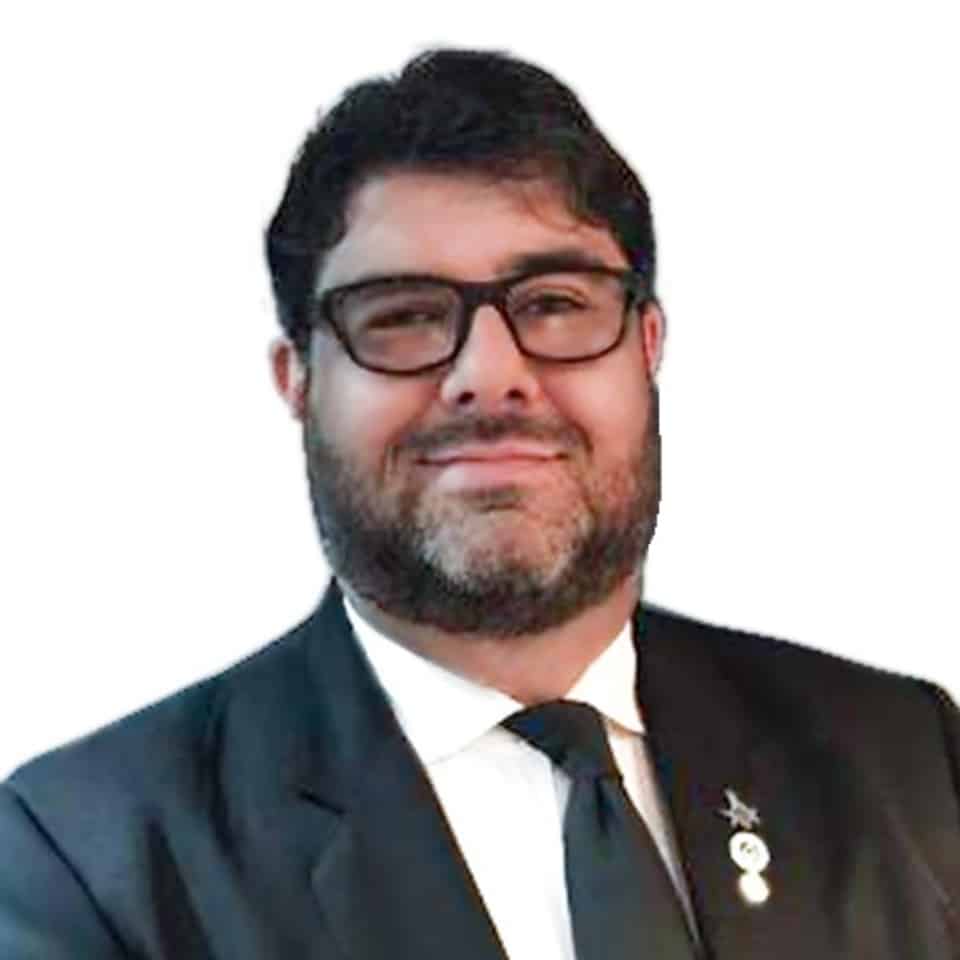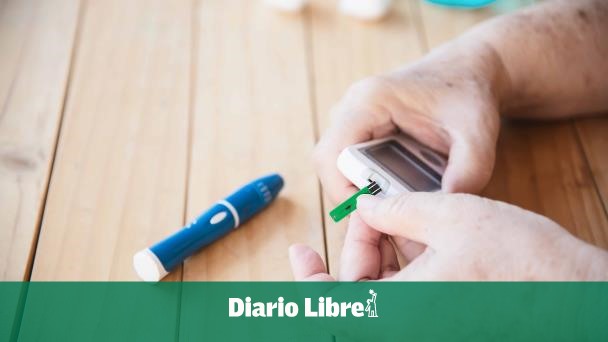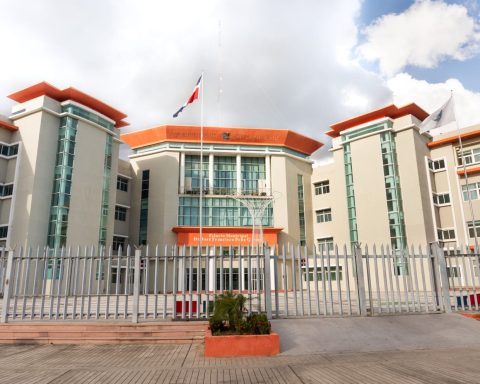The past president of the Interamerican Society of Cardiology 2019-2021, Fernando Stuart Wyssexplained the evolution that medications have had for diabetes for the benefit of patients.
“The new drugs have made it possible to modify the natural history of the disease. Previously, the focus was on lowering glucose values, but the drugs only went so far. Now, in addition to reducing sugar, they allow a change in the patient’s cardiovascular prognosis,” he said. Wyss in conversation with Free Journal.
The idea of current treatment is to prevent future deaths.
“Treatment in any patient begins depending on their cardiovascular risk. Diabetes, by itself, provides a high or very high cardiovascular risk”, affirmed the doctor from Guatemala.
New drugs known as sodium glucose cotransporter 2 (SGLT2) inhibitors, such as empagliflozinare drugs that manage to reduce cardiovascular events when you start them from the beginning of therapy.
According to the study update EMPEROR-Preservedthe empagliflozinindicated for the treatment of patients with diabetes mellitus type 2has been shown to reduce the risk of cardiovascular death or hospitalization for heart failure (HF), as well as slow the decline in kidney function in adults with heart failure with left ventricular ejection fraction greater than 40 percent, regardless of heart failure status. chronic kidney disease at baseline.

The recommendation of Wyssespecially in patients with over 40 yearsis to have an annual medical evaluation to know the metabolic rates of your body.
If the patient comes from a family where several cases of diabetesthe doctor indicates that the check-ups are opportune from the age of 30 because they are more likely to develop the disease due to the genetic factor.
The specialist points out how warning signsof a possible diabetes undetected, the triad composed of: eat a lot, be very thirsty and drink a lot of water and likewise, urinate frequently.
“The body stores metabolic memory. The older you are diabetes uncontrolled, greater propensity to present secondary events such as heart attacks, strokes and chronic renal failure, “said the cardiologist and expert in internal medicine.
“If you follow a diet and take your drugs, added to early detection, you probably won’t develop complications,” he added.
The doctor explains that the great detail is that by the time a patient is diagnosed, they have usually had the disease for at least five years.
For a diabetic patient to have the controlled sugar, the fasting measurement should be below 100; two hours after eating below 200 and glycosylated hemoglobin (long-term average of glucose values over the past three months) at six.
The specialist recommends that diabetic diet include plenty of vegetables, white meat and fish and away from carbohydrates, calculated by a nutritionist depending on the patient’s weight and body mass index.
High price
In relation to the high cost of new generation drugs, the doctor believed that it is better to do a expensive treatment that improves your quality of life to consume cheaper medicines and that the patient ends up in surgical procedures, such as a catheterization, which can cost between 25,000 and 40,000 dollars.
“Savings is very relative when what is at risk is your life,” he concluded.

















